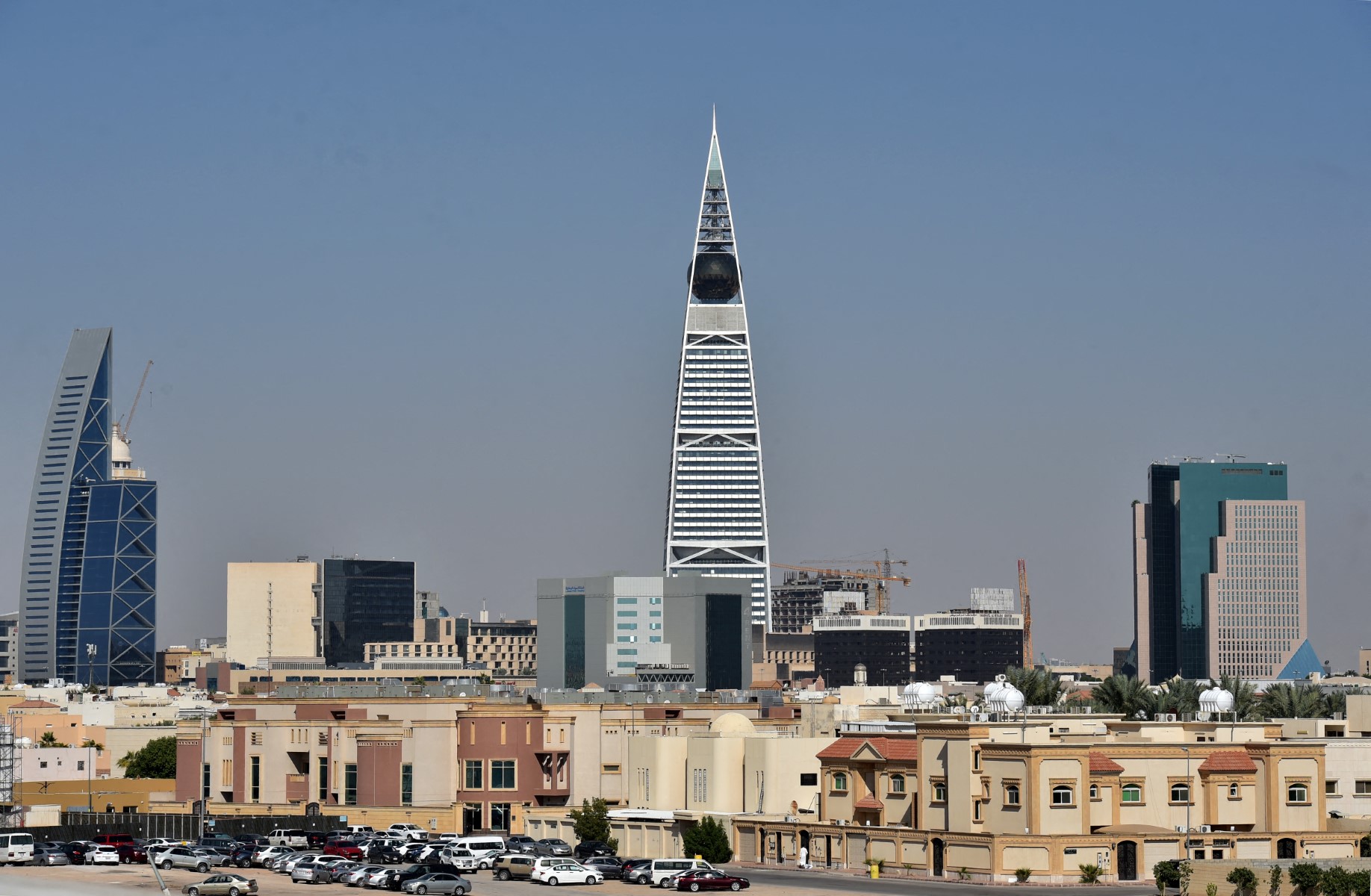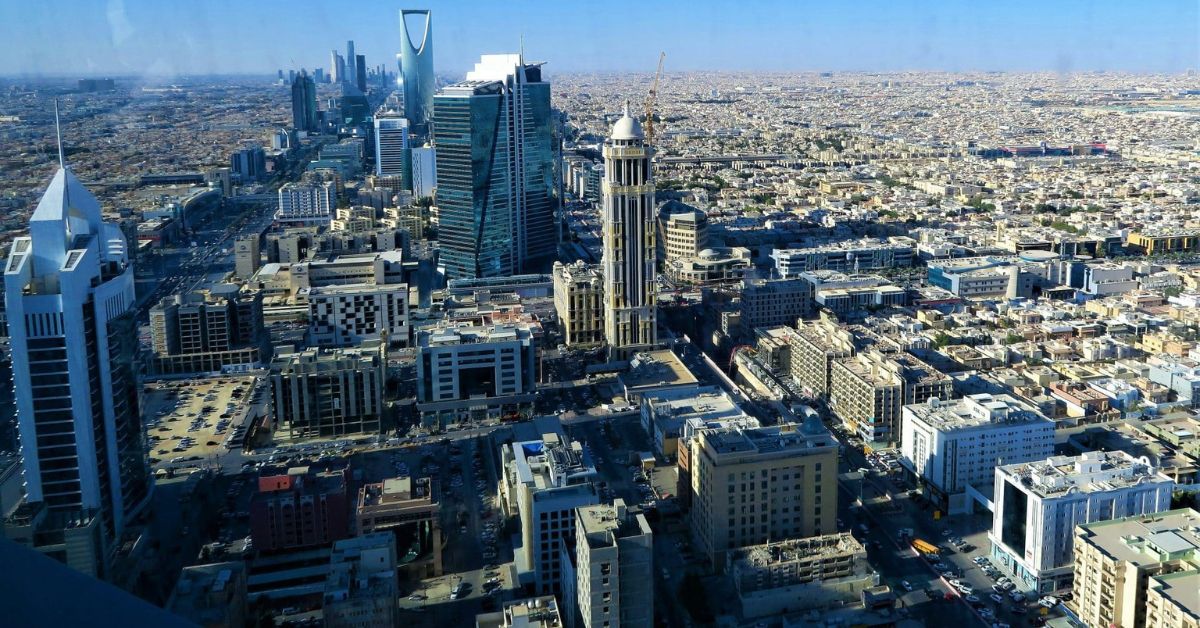RIYADH — The real estate sector in Saudi Arabia is undergoing a period of significant transformation, fueled by robust economic growth, evolving consumer needs, and ambitious government initiatives, a latest report by Deloitte’s 2023 points out.
Saudi Arabia’s economy has demonstrated remarkable resilience and growth in recent years. According to the report, the Kingdom’s GDP reached an impressive $2.6 trillion in 2023 and is projected to climb to an even more impressive $3 trillion by 2030. Driven by Vision 2030’s diversification efforts, this growth trajectory provides fertile ground for the real estate sector to thrive.
The report meticulously analyzes the evolving trends within various property segments. In the residential sector, there’s a shift toward homes offering remote work facilities and incorporating wellness features, reflecting changes in work and lifestyle preferences.
Similarly, the demand for flexible workspaces is rising, prompting developers to design office spaces tailored for hybrid work models. The retail and hospitality sectors are also adapting to shifting consumer behaviors, focusing on experiential spaces and catering to evolving customer expectations.
Stefan Burch, Partner and Head of Real Estate at Deloitte Middle East, emphasizes the continued strong demand for commercial office space from large corporations and SMEs, reflecting robust economic activity.
He also highlights the shift in residential demand toward apartments due to affordability concerns amidst rising interest rates. Burch predicts that 2024 will see the delivery of high-quality mixed-use schemes that cater to evolving market needs and offer competitive pricing.
Oliver Morgan, Partner and Head of Development in Deloitte’s Real Estate team, underscores the growing importance of delivery within the Kingdom’s development landscape.
He observes a shift toward innovative approaches and increased sophistication in due diligence, regulations, and technology use.
He suggests this leads to a more standardized approach to project delivery, focusing on landmark funding deals, ESG considerations as value creators, and innovative retail strategies.

Market Dynamics
The report delves deeper into the performance of individual real estate segments, offering valuable insights:
Residential Market: Transaction volumes are decreasing, yet there is a noteworthy rise in sales prices for villas and apartments. This trend underscores the continued demand for housing, although cost-consciousness significantly influences buying decisions.
Hospitality Market: Saudi Arabia’s tourism sector is experiencing a revival, attracting numerous domestic and international visitors. This influx of tourism is contributing to the hospitality sector’s growth, with average occupancy rates climbing to 63 percent in 2023, up from 58.2 percent in 2022.
Office Market: The demand for office space, especially Grade A, remains strong, with rents increasing annually in key cities such as Riyadh, Jeddah, and Dammam. The report also highlights significant developments, like the successful delivery of a considerable portion of the King Abdullah Financial District’s office space, demonstrating high pre-leasing/leasing rates.
Industrial and Logistics: The introduction of four Special Economic Zones (SEZs) in 2023 is expected to further spur growth in the industrial and logistics sector. Focused on key industries, these zones are set to attract global investments and contribute to sustainable business development.
Deloitte’s report paints a compelling picture of a dynamic and evolving real estate sector in Saudi Arabia. Driven by economic prosperity, government initiatives, and changing consumer needs, the market is undergoing significant transformation.








